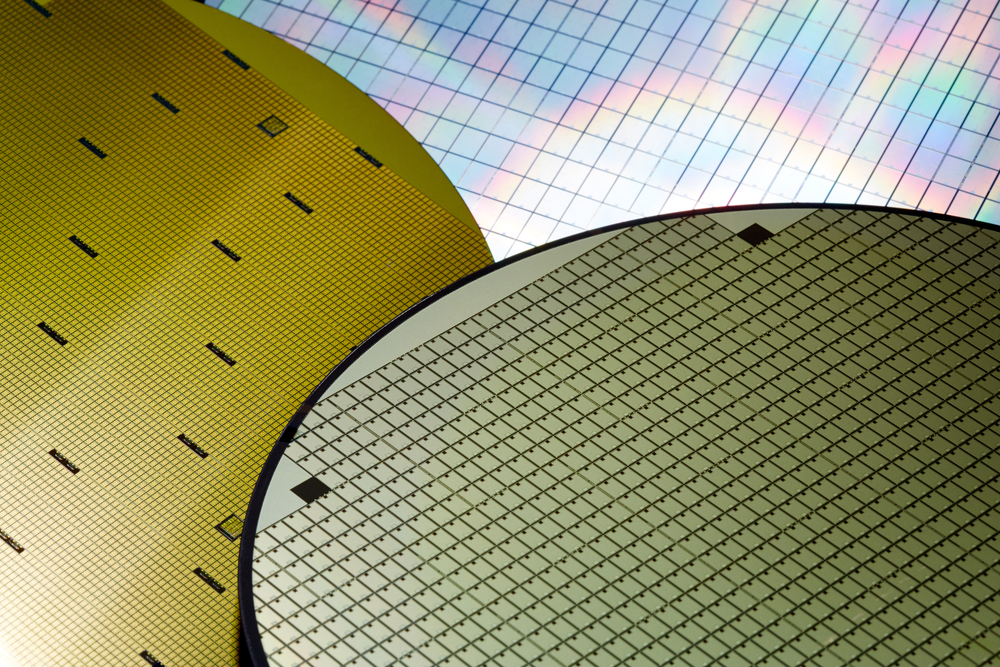Ultra-high vacuum temperature desorption (UHV-TPD) or thermal desorption spectroscopy (UHV-TDS) studies are performed to observe and quantify the molecules that desorb from a solid substrate at elevated temperatures. The binding affinity between adsorbate molecules and the substrate may be determined by a range of factors, including the chemical composition, physiochemical structure, and electrochemical behaviour of either constituent. These phenomena determine the energy required to form and subsequently break the bond between a substrate and adsorbed molecules.

Increasing the temperature of the solid surface energises the adsorbate molecules and eventually causes them to desorb from the surface. This is known as the desorption temperature, which must be measured in UHV conditions to eliminate contaminating elements from the study. UHV-TPD analysis can provide a wealth of information for a broad range of applications.
UHV-TPD with Hiden Analytical
Hiden Analytical’s complete experimental UHV-TPD workstation is equipped with a multiport UHV sample chamber and a heated sample stage of up to 1000°C with integrated PID controls. This hardware is equipped to a high precision triple filter analyser, for time-resolved analysis of desorbed species with unmatched sensitivity. This equipment has proven successful in numerous areas of product and technology research and development, including:
- Thin films;
- Photovoltaics;
- Semiconductors;
- Materials characterisation;
- H2/D2/T2 characterisation in fusion reactor wall tiles;
- Surface science.
The UHV-TPD workstation is primarily geared towards the study of novel electronics and electronics manufacturing, providing actionable data regarding the adsorbed species on organometallic thin films. This is valuable for diagnosing performance issues and potential sources of contamination in the production chain. Additional application areas include outgassing studies from metals used in fusion reactors and particle accelerators with more standard metal outgassing applications.
With a real-time 3D bar view, unknown elements can be rapidly and easily identified against the mass spectrometer’s built-in mass spectral library. These capabilities can support optimisation of the manufacturing conditions for complex thin film systems such as organic photovoltaic (OPV) cells.
UHV-TPD studies are also focused on the outgassing properties of high performance materials used in extreme environments, with fully-automated temperature control and analysis enabling high-throughput TPD measurements of potential hydrogen containing materials. This can be used to determine the binding energy between covalent or interstitial metal hydrides and measure the point at which thermal instability causes hydrogen to desorb from the surface of the carrier.
UHV-TPD Workstation from Hiden Analytical
Hiden Analytical has been developing, manufacturing, and supplying cutting-edge quadrupole mass spectrometers for some of the most advanced forms of material analysis currently performed. Our UHV-TPD workstation provides a unique solution for advanced electronics manufacturing and research and development into novel energy storage materials.
If you would like any more information about Hiden’s UHV-TPD workstation, please do not hesitate to contact us directly.

